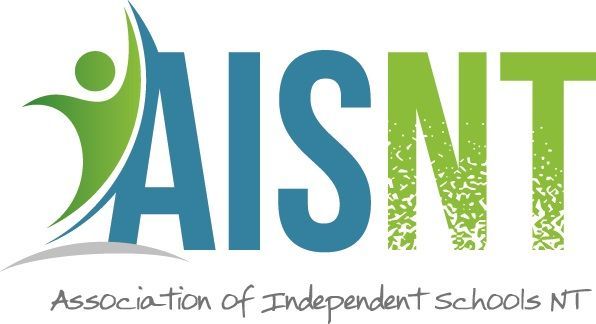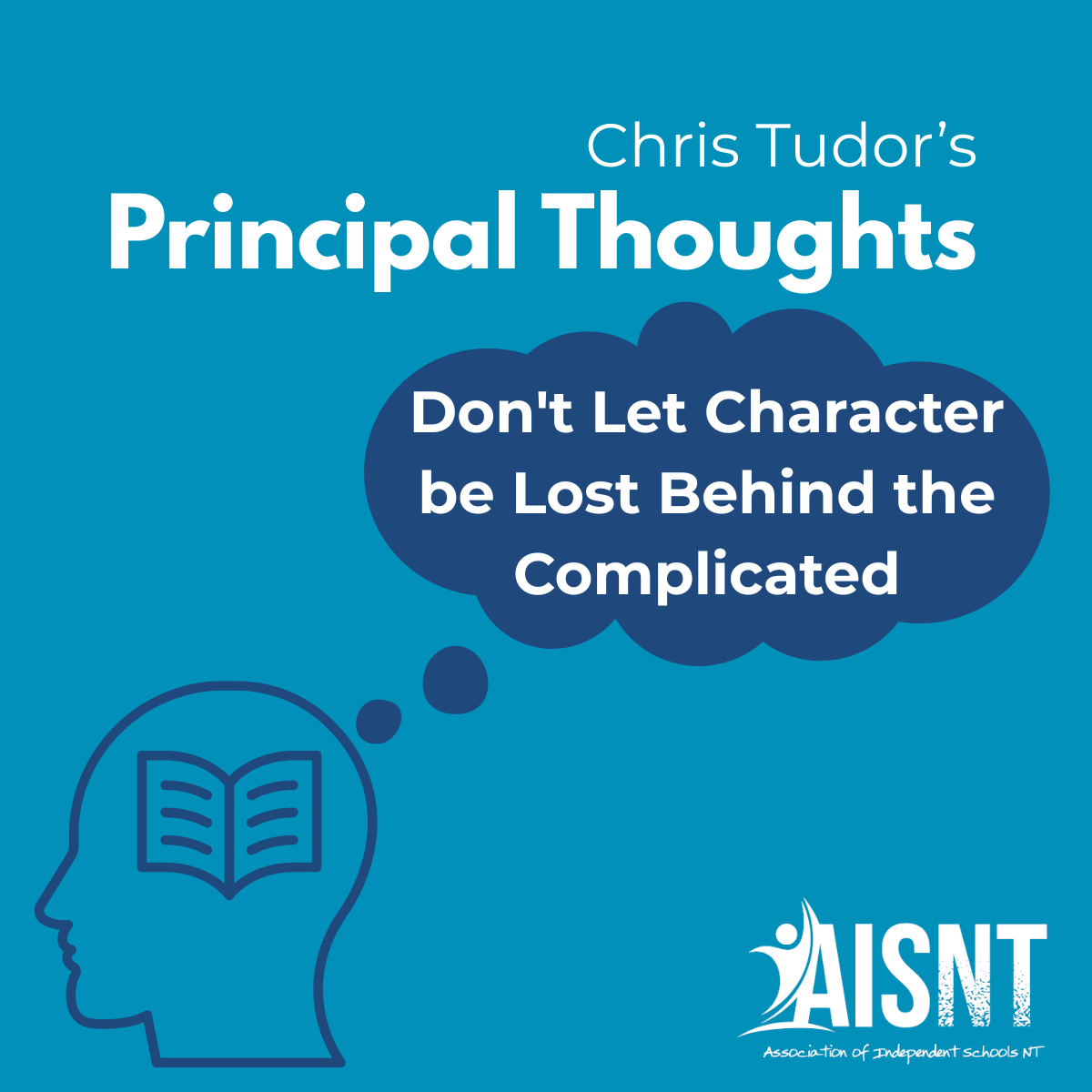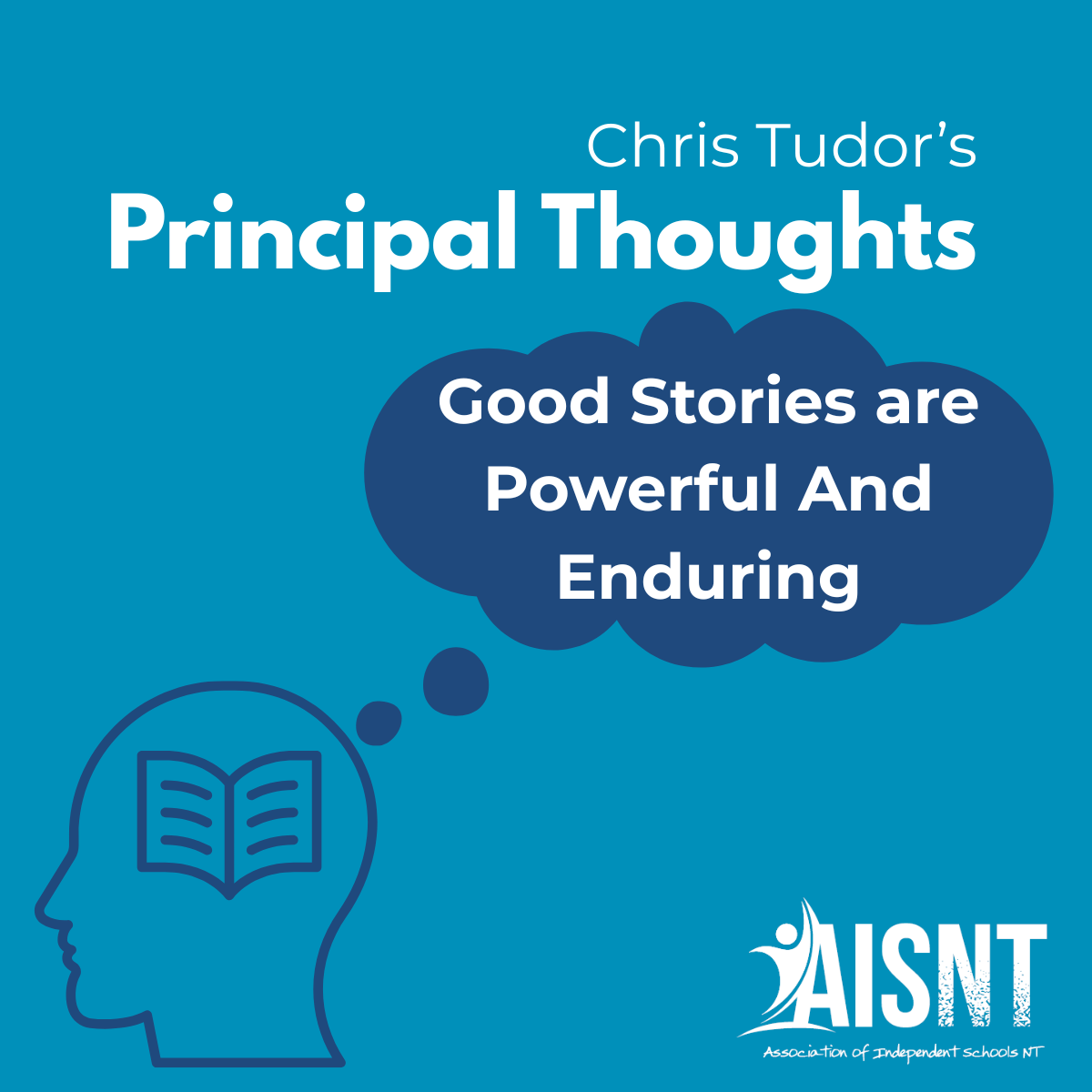A Diverse Group of Schools
The Independence of an Independent School is a special characteristic that is worth cherishing. This Independence scaffolds a school’s capacity to make its own decisions, relating these to the needs of the community it serves and its ability to foster a philosophy which it sees as important for children growing up in today’s world, will create its reality. If parents see the offering of the school as valuable to their children then they are likely to support the school. An Independent School may not suit all families and indeed this is expected and of course is OK.
In my time as the Chair of ISCA I visited a number of schools around Australia and the World and was amazed at the wide and interesting variety of these and the importance of Independent Schools in the global mix. Whilst new ideas and creative approaches do come from government schools, Independent Schools are often a fertile frontier for creativity. It is worth stating that my role in AISNT ultimately gave me the chance to be Chair of ISCA.
Australia and indeed the world is made up of such a wide variety of Independent Schools. Tiny schools that are in their early years operating with minimal resources, large schools 100 - 150 years old with a well-established resource base, coed schools, schools which are either for boys or girls, schools which have girls and boys but taught separately, schools in growth areas where they have an abundance of enrolments, schools where it is difficult to enrol a viable population of students. There are schools that are denominational, others which have a religious culture but are non-denominational, those that have no religious affiliation or religious philosophy at all. There are those where two schools of different religious affiliations share a campus with a state school of no religious affiliation. There are those with long established cultures and traditions, and of these, some are happy with who they are, whilst others are trying to change their culture and tradition to make it more relevant and appropriate to todays complex society. Of these, there are those that find that this could be reasonably done and those that find vital change is more like trying to shift the MCG.
There are boarding schools, some which have only boys or girls others which have both. In this mix there are those which are large and those where the boarding population is small or smallish. Some of the schools charge fees that are very high and some with moderate or low fees. Of the high fee schools some have extensive scholarship or fee assistance programs. But these programs are also found in the low fee schools. One boarding school I visited a couple of times in Kenya catered for many students who were financially poor, but because the school was very successful, a number who were not. The Principal had the task of determining the size of the fee which he felt the parents could afford. Australia, as we know, benefits from government funding which is not available in many schools overseas. Their fees can be very high. I have visited two schools in Alpine Switzerland where the fees, tuition and boarding are $210,000 per annum and $156,000 per annum respectively. Eton charges $91,800 but also has a large scholarship program, which is part of its tradition stretching back to its foundation in 1440 by Henry VI.
Some years ago I visited a school run by a remarkable Principal in the large South African township of Soweto. This is a very poor area of Johannesburg, but despite this, the school she ran, though not well resourced, was outstanding. Money is not everything. However it is obviously helpful. I had the unique opportunity of spending a couple of days at the remarkable school built and sponsored by Oprah in South Africa - The Oprah Winfrey Leadership Academy for Girls. The school is for girls from struggling circumstances and Oprah pays for all their costs which includes boarding. She also supports them on their journey into tertiary education. A good friend of mine, a highly experienced Principal both in the government and independent school sector of South Africa had been appointed to the job and was tackling it very successfully. After all the school was very much about opportunity and social change.
Education is indeed a global fraternity and if embraced can be so enriching. Fostering relationships across the world is possible and very enriching. Ironically, working in the NT gave me the chance to travel as Chair of ISCA, being part of the Board of Round Square International and being the Head of an active Round Square School. In addition my own board granted me study leave every five years and were keen for me enhance my own education and development and to foster global relationships. These opportunities were invaluable for me as a Principal and consequently for the school.It is essential that a principal who does an innings of thirty years continues to be inspired, captures new thinking, grows in understanding and is protected from becoming stale. I consequently have educators all over the world as friends all enriching my understanding of education. I pride myself on being a compulsive ideas hoarder who takes delight in searching for meaning. I hear or see ideas, maybe discuss them, ask why something is done that way, but always store them away for future reference. One of my good friends from India was a Sanskrit teacher. On a bus journey somewhere, I sat next to him and listened to his story of teaching the ancient language in India. Such a rewarding and thought provoking experience. He has now being recognised as one of the top Principals in India and I have visited the remarkable school he heads.
I could go on- such a wide variety of schools, such a wide variety of students. Regardless of their economic situation, they ALL have needs and they all wish to benefit from their education and they all deserve the best we can give them. After all, people are people and young people are young people.
What is wonderful about the Independent schools in the NT is that though comparatively small in number, they are all very diverse and are providing very healthy choice for the community of the Northern Territory and in some cases beyond. Coming from Victoria in 1986 one would think that I would have a broad understanding of school variety and indeed my understanding wasn’t bad. However, over the years in the NT, the group was small but diverse and this diversity provided the opportunity to deepen my understanding of the melting pot of Australian schools. I had some idea of Kurt Hahn, really none of Rudolf Steiner or of Maria Montessori. I had little understanding of Aboriginal education and had no understanding of that offered by the Lutheran System. I did have some idea of Catholic education. I had worked for the Education Department in the Tech School System, attended a traditional Melbourne School myself, and worked for seven years at Australia’s first Ecumenical School (very low fee)of which the Catholics were a part. I gained an understanding of the development of low fee non Catholic schools which were made possible after the Karmel Commission during the Whitlam years. An aside - years later after being at St Philips for many years I flew from Sydney to Alice. Who should be sitting in front of me but Gough Whitlam. I took opportunity to thank him for introducing the funding policy which made non Catholic low fee paying schools such as St Philips and most of the NT Independent Schools possible.
The Independent Sector has taken the constructive approach, to work co-operatively, not only with its own members but also with Catholic and Government Schools. Much is always to be gained by establishing friendships. On teaching rounds during my Dip Ed I taught in 2 government high schools and one Tech. I had spent the first four years of my education at a Government primary school. My own children attended Government primary schools before going onto St Philips for their secondary education. I had an interesting year chairing the council of my son’s primary school before I headed to the NT.
As chair of ISCA my experience gained through my relations with the variety of schools in the NT enabled me to relate more meaningfully with the large number of educators I met. This variety included those in Government Schools. Interestingly the Principal’s Association of the NT, mainly a government school body welcomed Non-Government school Principals into their numbers as indeed did the Assistant Principal’s Association. I’m not sure that this would have happened elsewhere. Of course, having an appreciation of how the various government schools operated was also most valuable and a commitment to friendship rather than opposition provided significant information and understanding. The NT is valuably too small for us all not to work together. After all we exist to give parents a choice.
At St Philips we opened the doors to the School of the Air so their students could have their “In School” experience, greatly enriched by the students being part of a larger, functioning school. As life’s journey would have it, my wife worked in the NT Education Department and indeed did become Principal of School of the Air. She was also Assistant Principal of Braitling Primary School and Principal of Bradshaw Primary School. I was lucky to have this on going cross pollination of ideas and understanding. In fact , in the spirit of cooperation that is important in a remote area, St Philips enabled students to board but attend the Government Schools- this worked fine.
Diversity, Cooperation, Understanding, Enrichment, Support, Sharing are all words that come out of this piece of thinking, all to be valued very much by we who work in the Independent School Sector of the NT.
Chris Tudor
AISNT Historian & Principal Liaison



